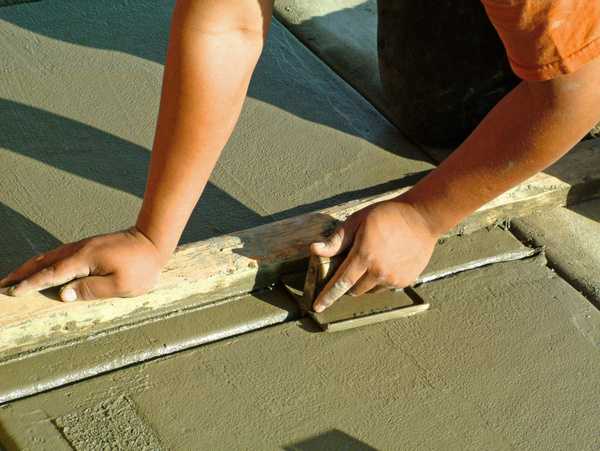
Concrete Installation Should Be Completed Before The Cold Sets In
Concrete is one of the strongest and most versatile materials to use for outdoor construction projects. Whether you are interested in having a pathway installed in your backyard or need to put in a new driveway, this material can provide you with the strength, durability and resilience you need to last for many years, even in high traffic areas.
Although the material is made to withstand the changing temperatures experienced in the Northeast, including places like New Jersey and New York, there are some things you need to consider when it comes to the installation of concrete during the colder months of the year. By being cognizant of these considerations, you can expect any projects installed using this versatile material to provide you with a long life of functionality.
One of the biggest factors affecting how your concrete areas will fare over the long term is when you have the material installed. Although installation can occur at virtually any time of the year, there are some issues that can occur during the cold weather that can impact the curing of the material if proper steps are not taken. This is because the cold can impact the curing process and if the material is not allowed to set and cure properly, it can affect its overall strength and durability. Therefore to get the installation done right, specific steps need to be taken which can make it a more costly and involved project if done in the cold.
For this reason, most contractors encourage people to consider having any projects completed requiring concrete before the cold weather sets in. This means that you still have time to get your projects done now while we are only experiencing cool fall temperatures, but you should try to commit to getting things done before winter rolls around. If that cannot be accomplished, it is best to wait until the spring when the ground begins to thaw to resume your plans for any concrete work.
One of the biggest concerns for cold weather installation is that the material can freeze while it is still wet and before it has had a chance to completely cure. When this happens, the compressive strength of the mix can be compromised. There are steps that can be taken to help avoid this issue, such as changing the content mix of the material, covering the material with thermal blankets as it cures or using accelerators, but none of these are ideal and all can add to the cost. Additionally, if laid on a ground that is frozen, concrete can crack when the ground beneath thaws and settles.
If you have any plans for the installation of a concrete patio, walkway, driveway or other structure on your property, there is still enough time for you to have the job completed before it is too cold for proper installation. However, if you wait too long, you may find yourself having to wait until spring rolls around to achieve the best outcome.
For more information about concrete installation in NJ and Staten Island, contact Millenium Stoneworks at 732-519-1112 or 347-723-6990.

